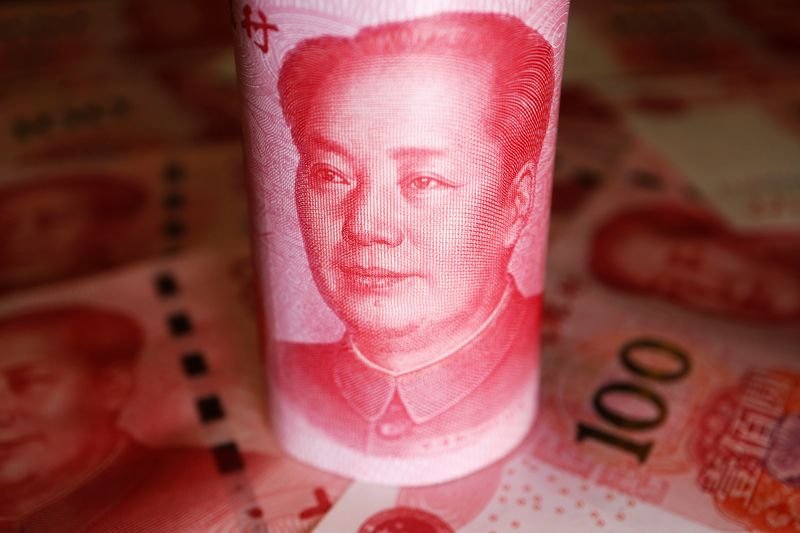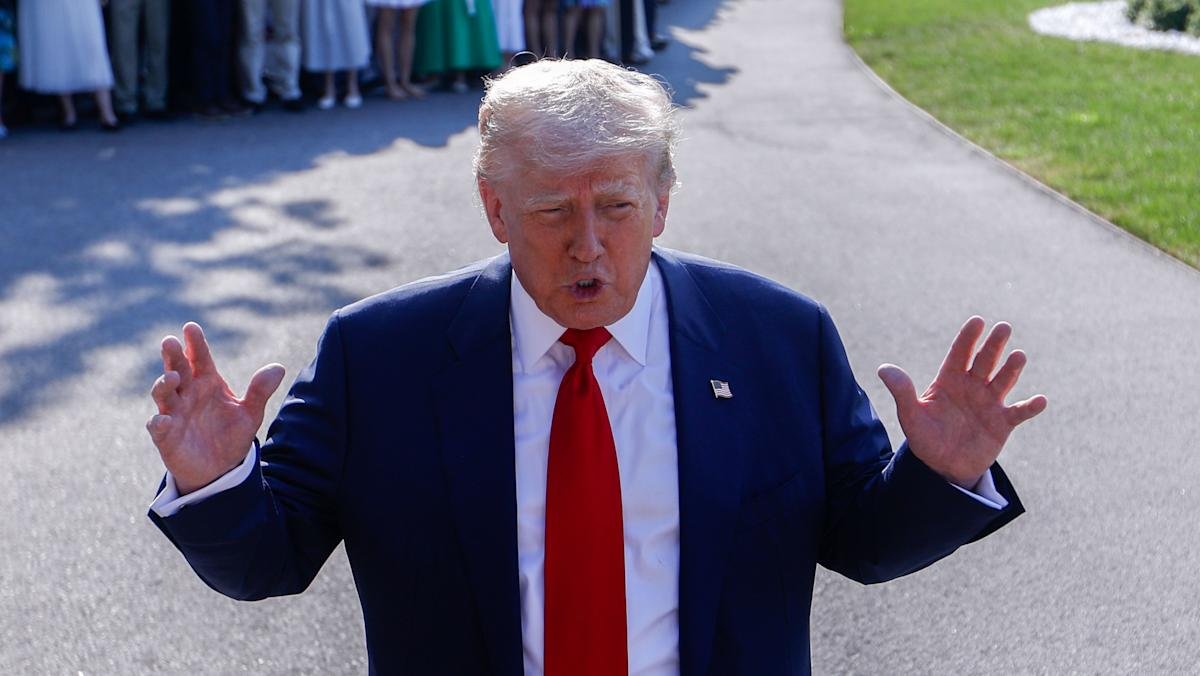SHANGHAI/SINGAPORE (Reuters) -As Chinese President Xi Jinping toured Southeast Asia this month to forge closer ties against higher U.S. tariffs, the People’s Bank of China was seizing a moment of confusion and disruption in global trade to promote greater usage of the yuan.
It won’t de-throne the dollar, but as cross-border yuan payments surged to a record in March, analysts say there is renewed appetite for a global yuan as aggressive tariffs shake faith in the U.S. currency and other U.S. assets.
In April, PBOC-controlled financial services firm China UnionPay strengthened its payment network in Vietnam and Cambodia, while the central bank announced steps to promote cross-border yuan settlement and other financial services.
More specifically,the QR-code payments UnionPay was promoting in the Southeastern countries should facilitate transactions for tourists and small businesses, reducing reliance on the dollar.
The UnionPay deals build out a network that now extends to more than 30 countries outside China, and represent one end of a push to expand the yuan’s reach as an international trading, spending and investment currency.
At the other end of the push are PBOC’s offshore yuan standby currency swaps with other central banks that hit a record 4.3 trillion yuan ($591.2 billion) by value in February, cross-border commodity trades settling in digital yuan and efforts to price everything from oil to gold in the Chinese currency.
The moves also highlight China’s desire for a financial architecture independent of the West – and U.S. banks – at an inflection point for markets as U.S. President Donald Trump spurns his own trading partners and drives a scramble to reroute trade.
“The United States weaponising tariffs has cast doubt over U.S. asset safety, undercut trust in the dollar, and shaken the greenback’s global status,” E. Yongjian, vice general manager of Bank of Communications’ research department told a seminar on yuan internationalisation.
“That, in turn, has made yuan assets more attractive, and will help broaden cross-border use of the Chinese currency.”
China’s central bank announced steps this month to beef up cross-border financial services in Shanghai and encouraged companies to prioritise yuan usage in payment and settlement.
The PBOC also pledged to strengthen its homegrown cross-border yuan payment system CIPS, and push forward with the application of blockchain – the technology on which digital yuan is based.
Chinese companies which are stepping up overseas investment are demanding better financial systems as “unilateralism, protectionalism … and higher tariffs impact the global supply chain,” PBOC vice governor Lu Lei told a press conference this month.







